Global and regional atmospheric models that use satellite observations active fires (AFs) as input suggest that air quality in parts of northern Southeast Asia are severely impacted by smoke from fires at certain periods in the year – typically during the burning season between February and April. Exposure to the smoke contaminated air is a serious public health issue and can lead to respiratory issues, heart disease and stroke, as well as significantly increased child mortality. The satellite AF data show a huge number of fires in the region, however, these datasets typically don’t detect small agricultural fires and fires burning outside the time of the satellite overpass, and it is therefore possible that fire emissions in the region may be underestimated. Models suggest Particulate Matter concentrations (e.g. PM2.5 ) are extremely high at the surface during this burning season, but ground measurements to validate these estimates are normally very limited in Low- and Middle-Income Countries (LMICs), particularly in rural areas where much of the burning takes place. Our team carried out fieldwork in January to install a network of PM sensors across the north of Laos, Thailand, and Vietnam. The sensor network, installed in villages and at meteorological stations, will be able to provide validation measurements to assess the performance of air quality forecasts, and will also help identify the local air quality impacts from large scale fires, agricultural fires (used to clear crops post-harvest), and those from cooking fires within the villages and towns.
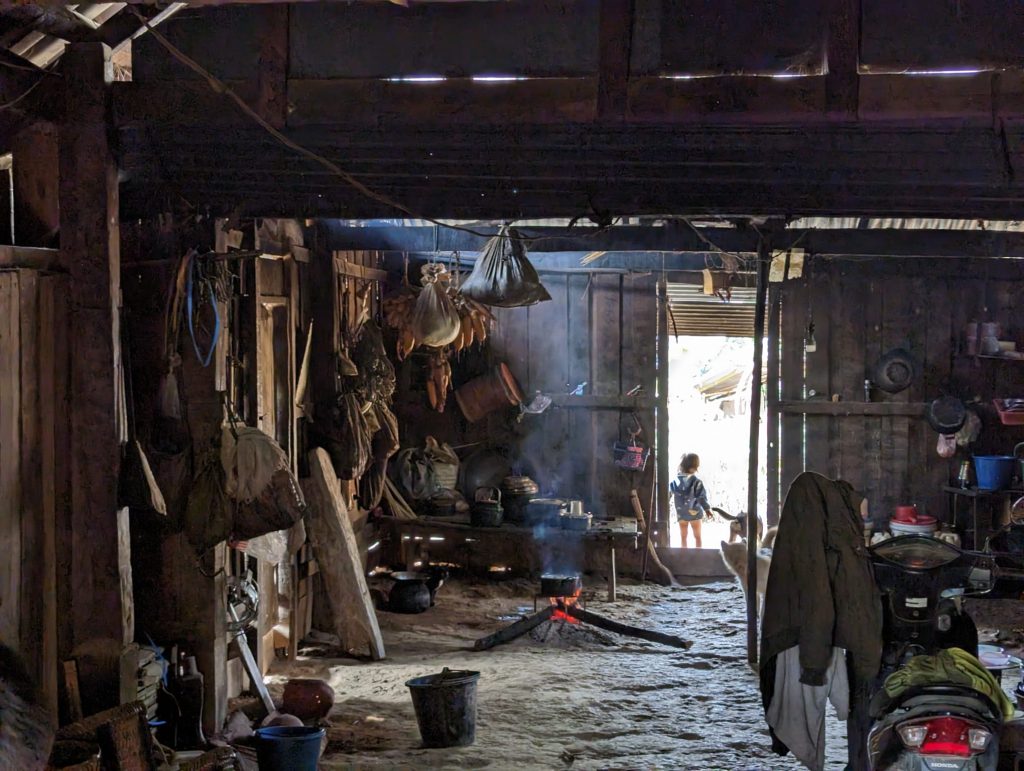
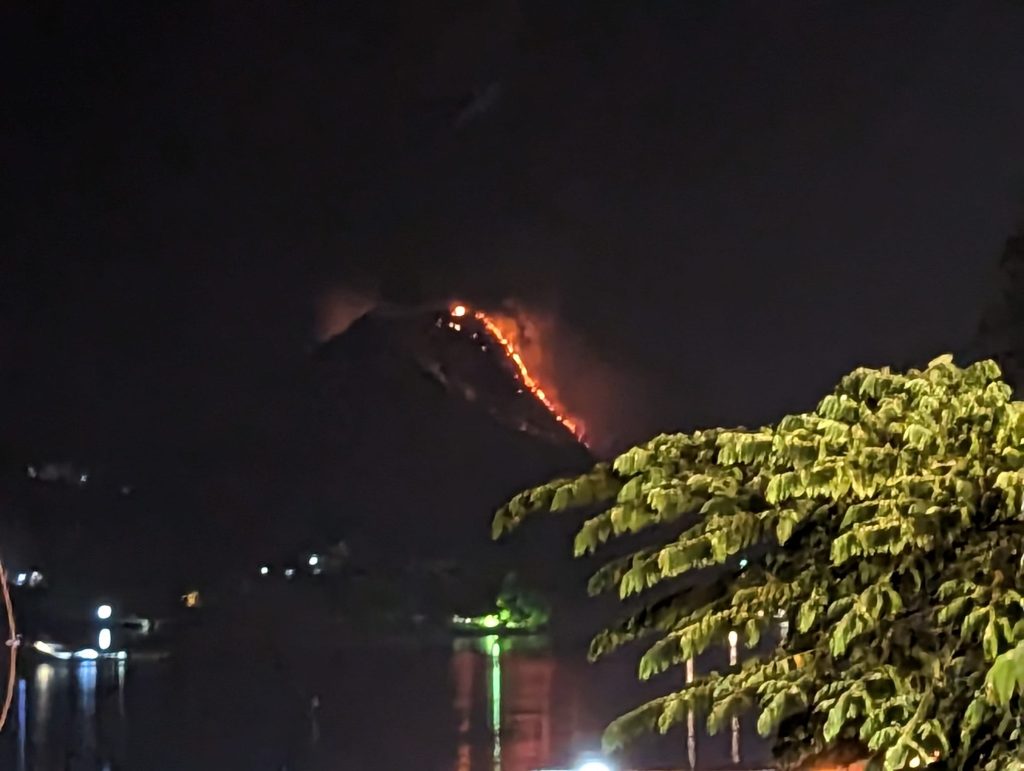
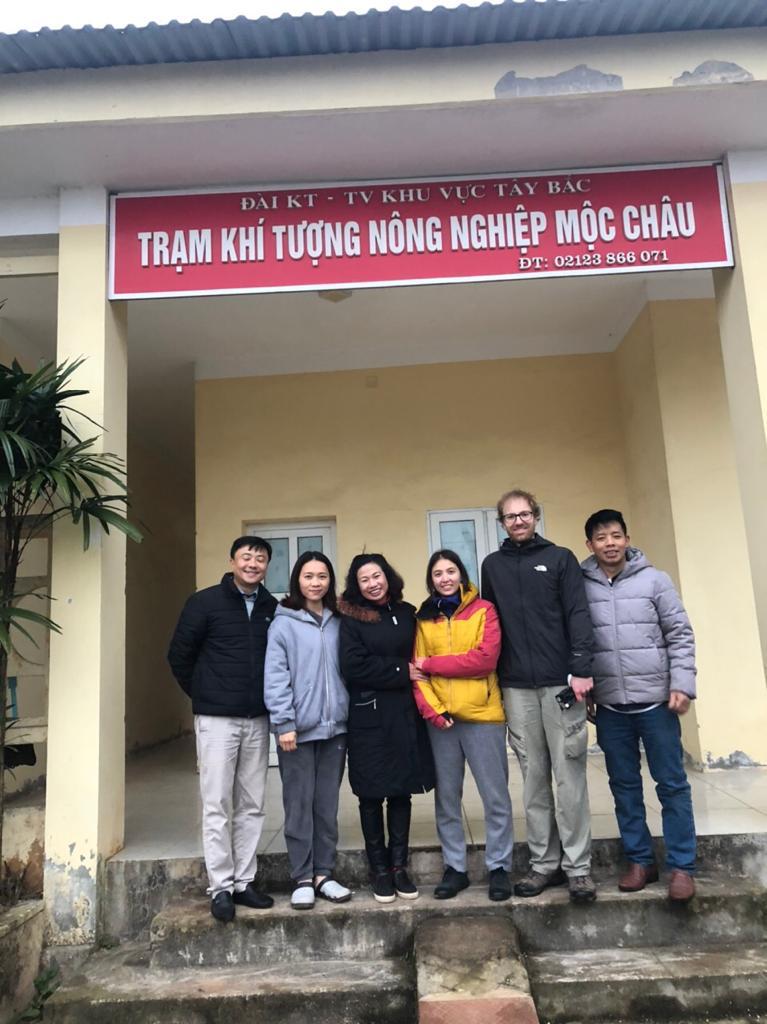
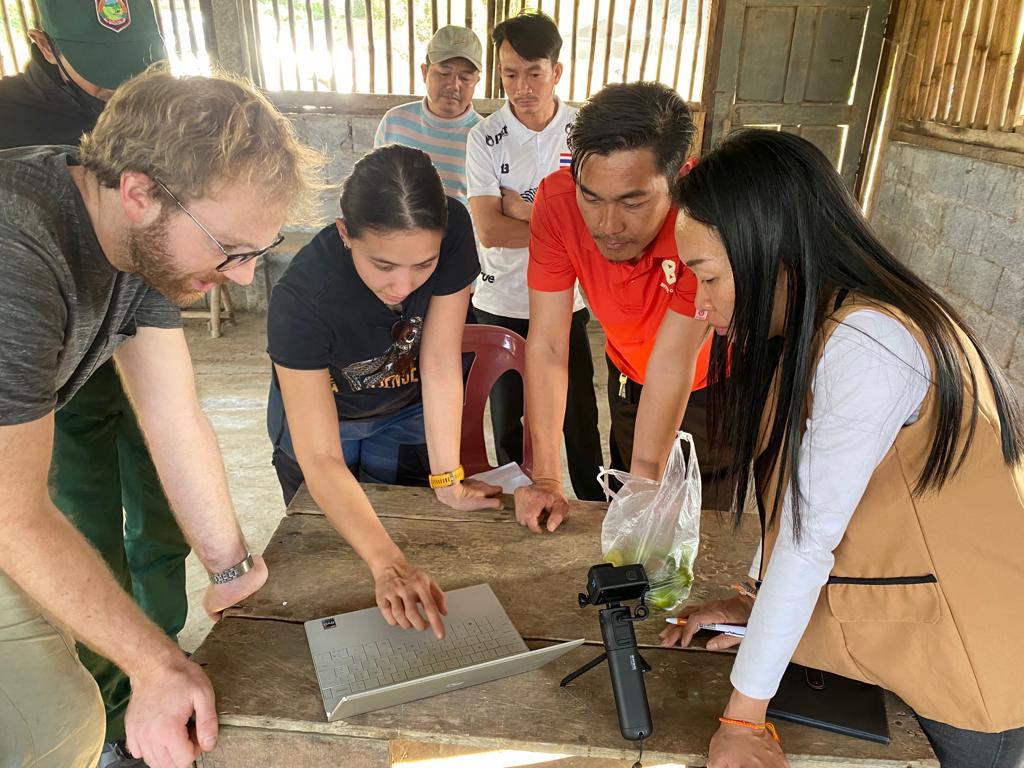
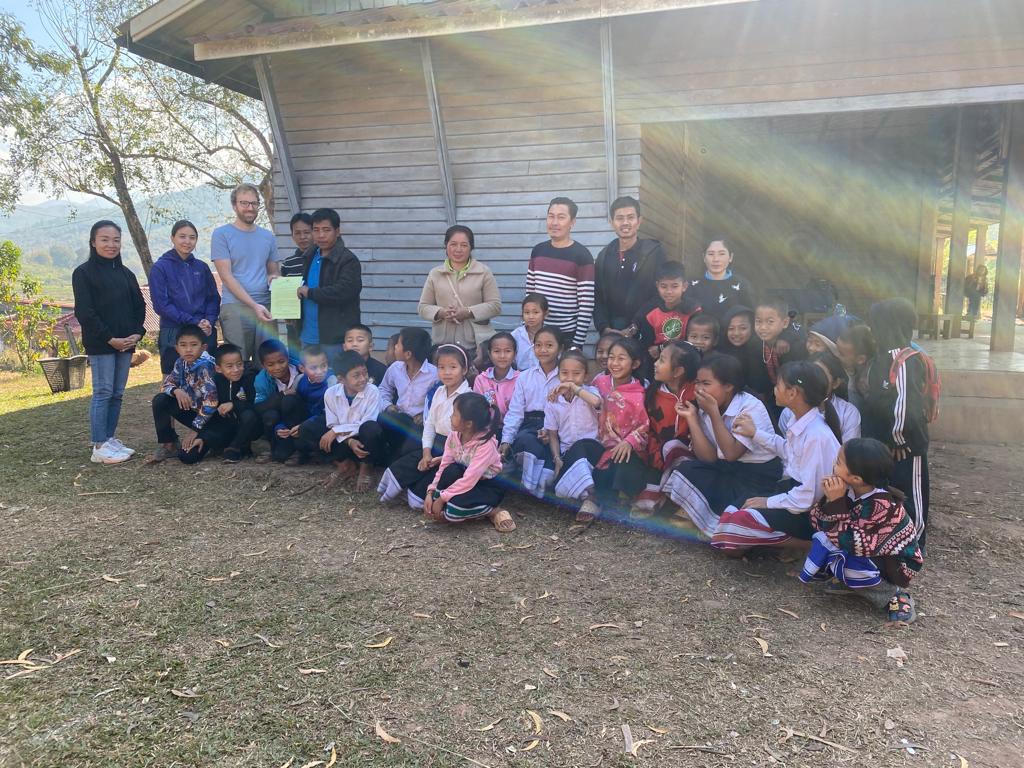
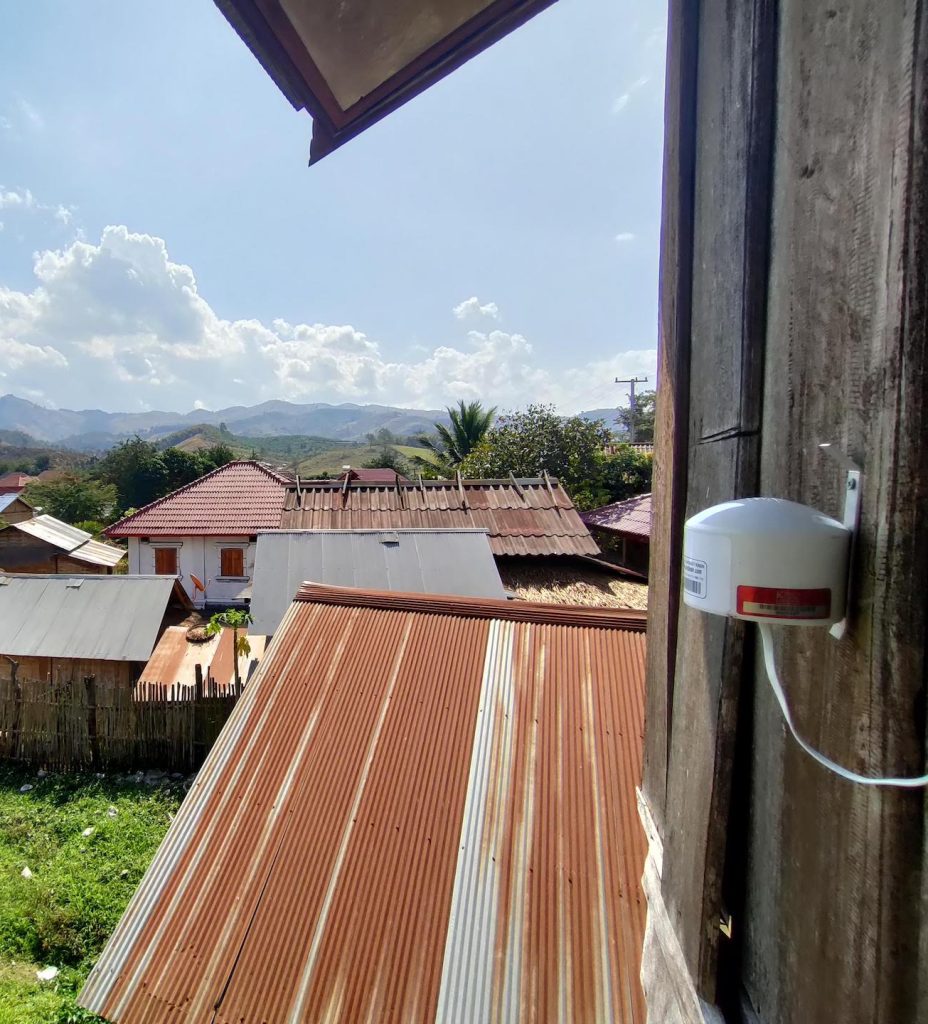
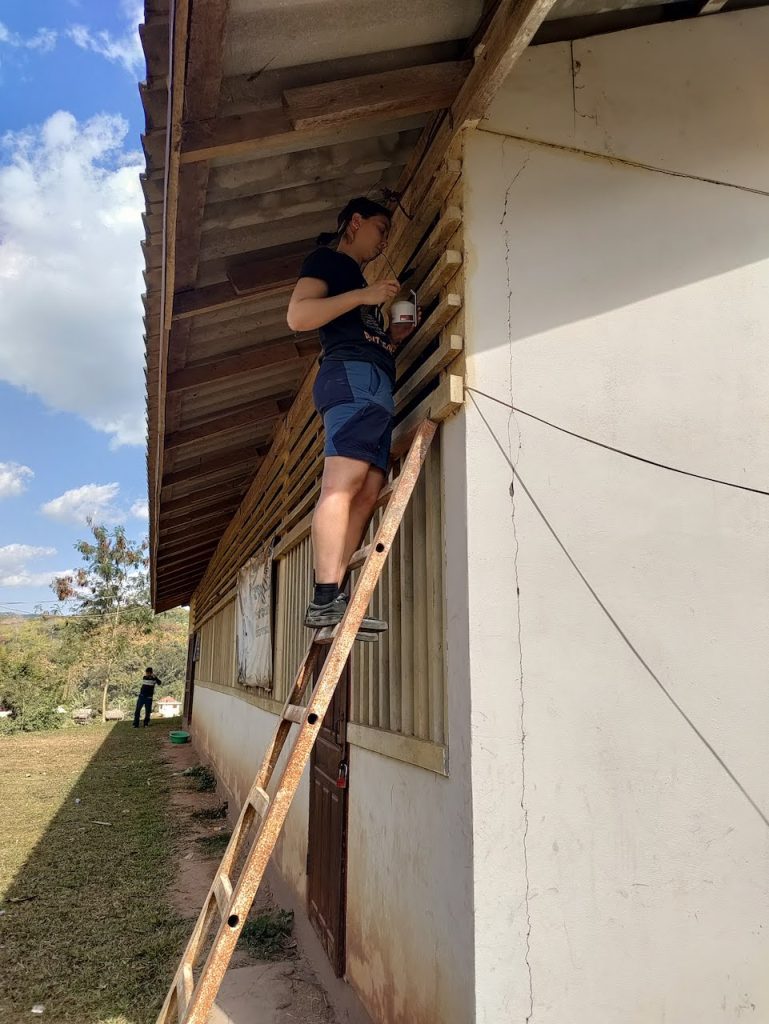
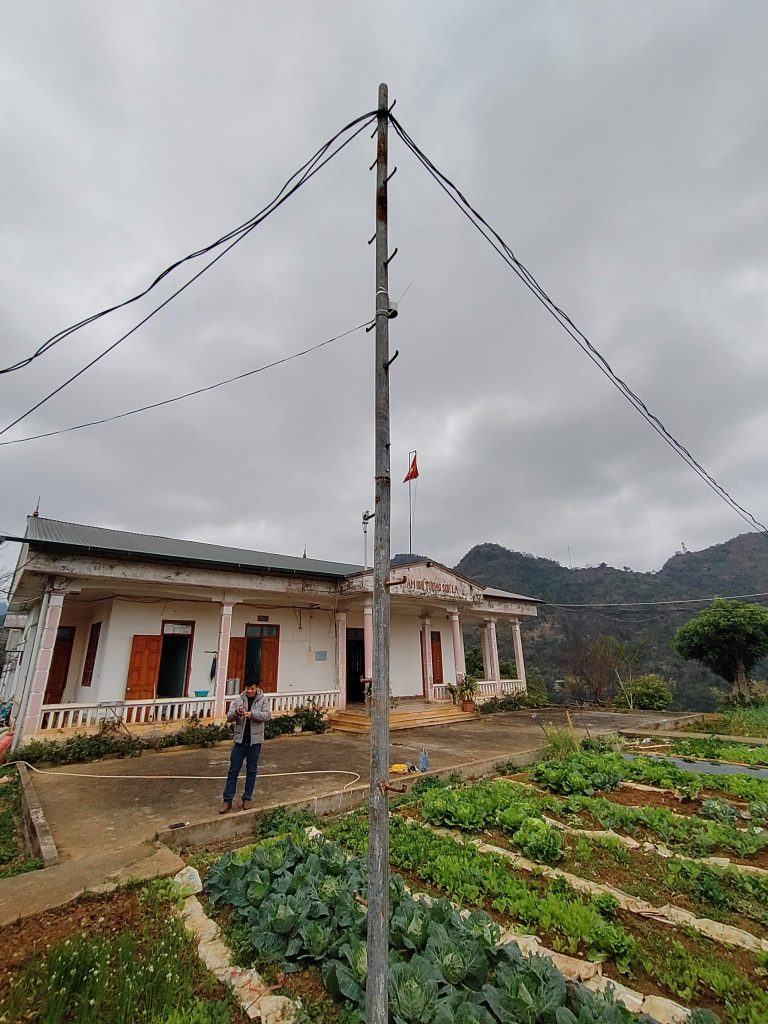
The map below shows the sensor locations and their latest PM2.5 measurements which are updated every 15 minutes. The values given are uncalibrated ug/m3. Our team is deriving a specific mass-correction value (using more expensive and accurate PM instruments) for these sensors so that their measurements accurately reflect PM concentrations.
![]()
King’s College London, Bush House (NE wing), 30 Aldwych, London, WC2B 4BG